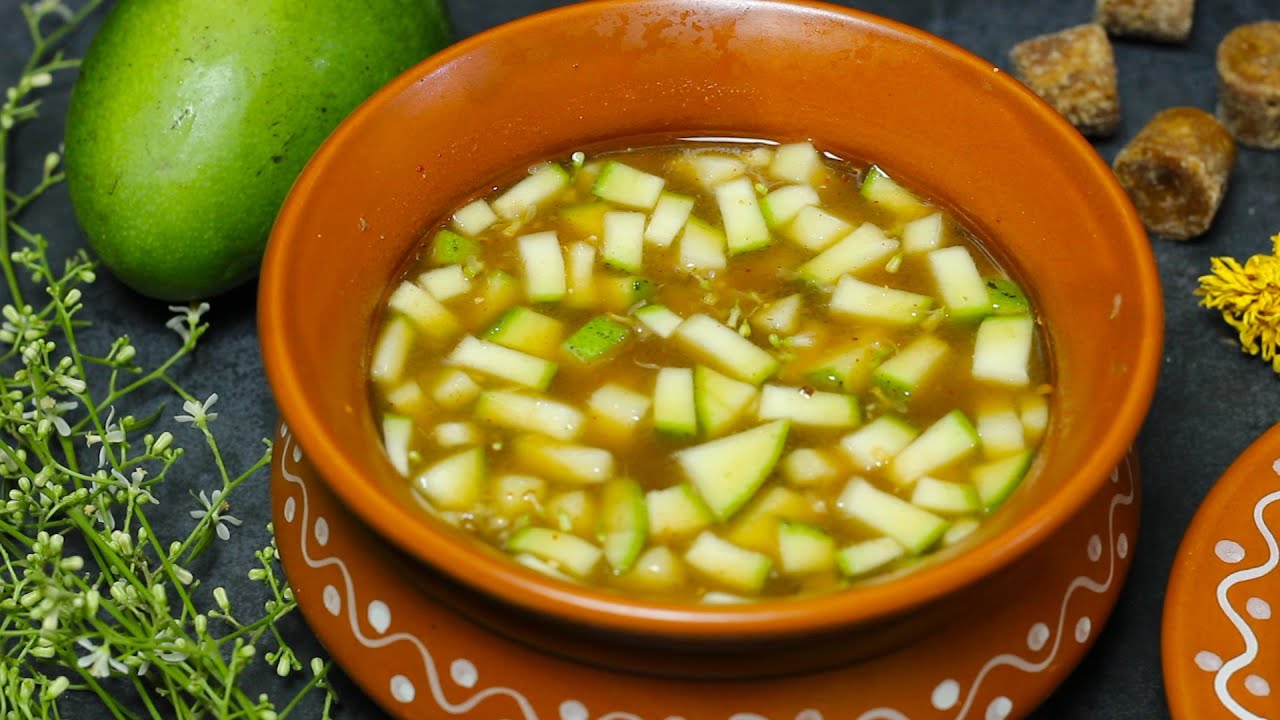Ugadi 2024: Ugadi pachadi’s symbolism with health benefits

HYDERABAD: It’s Ugadi, the New Year for the people living in the Deccan area, and the mind invariably drifts to the delightful Ugadi pachadi. A chutney-like concoction that beautifully blends the ‘shadruchulu’ or six tastes: sweet, sour, salty, spicy, bitter, and astringent (known as “vagaru”). But what lies at the heart of the significance of Ugadi pachadi?
Ugadi, the first month of the Hindu calendar, also celebrates the arrival of the spring season. Just as the season brings forth new leaves, buds, and rejuvenating breezes, the Ugadi festival also symbolizes the birth of a new era. Yugaadi or Ugadi literally comes from the Sanskrit words Yuga and Aadi, meaning the beginning of a new era.
Pachadi, a staple of Telugu households during the festival, is an extension of this very symbolism.
Symbolic Six Tastes of a Dish
Ugadi Pachadi’s importance lies in the fact that it is a combination of the six basic ingredients, jaggery, tamarind, neem, mango, chilli and salt that reflect the various emotions of life, such as happiness, disgust, bitterness, surprise, anger and fear respectively. One is also reminded that the experience of taste is transitory and ephemeral; so too is life.
Neem
In the context of Ugadi pachadi, neem serves as a poignant symbol. Its bitter taste reflects the bitter elements of life, reminding us that challenges are an integral part of our journey. Despite its bitter taste, every part of the neem tree, including its flowers, bark, and leaves, boasts medicinal properties. Moreover, when combined with tamarind and raw mango in Ugadi pachadi, neem enhances the body’s immunity, equipping it to combat infections and promoting overall health and well-being.
Jaggery
Adding a touch of sweetness, Jaggery symbolises the joys that life brings. This natural sweetener, however, offers more than just flavor—it is known to alleviate acidity and chest burn, offering relief to those with digestive discomfort. Furthermore, jaggery’s iron content enhances the elasticity of blood vessels and promotes the formation of new ones, contributing to cardiovascular health. Beyond its taste, jaggery in Ugadi pachadi signifies the sweetness of life’s moments and the nourishment it provides to both body and soul.
Tamarind
Tamarind represents life’s sour moments, symbolizing the challenging and unpleasant phases that shape our journey. Despite its sour taste, tamarind aids in digestion, soothing the stomach, alleviating discomfort, improving skin condition, and helping lower cholesterol levels. Therefore, tamarind in Ugadi Pachadi serves as a reminder of life’s diverse experiences, offering not just a burst of flavor but also a source of wellness and vitality.
Raw Mango
Raw mango’s tangy twist, symbolises life’s unexpected twists and turns. Despite its tartness, it provides relief from acidity and chest burn. Furthermore, its rich vitamin C content improves the elasticity of blood vessels and promotes the formation of new ones, enhancing cardiovascular health. Thus, raw mango in Ugadi pachadi represents how life’s surprises contribute to overall well-being.
Salt
In the vibrant blend of flavors, salt symbolises the presence of fear and the unknown in life. However, it is essential for maintaining electrolyte balance, crucial for proper muscle and nerve function. Just like that, salt signifies life’s uncertainties but also underscores the necessity of balance and moderation for optimal health.
Chilli
The strong sensations we feel on our tongues when eating a chili, is associated with the anger and outbursts in life. Despite its fiery nature, Chilli boosts immunity and aids in wound healing. Thus, chilli in Ugadi Pachadi not only adds spice but also serves as a reminder of the depth of human emotion, highlighting the importance of emotional awareness.







